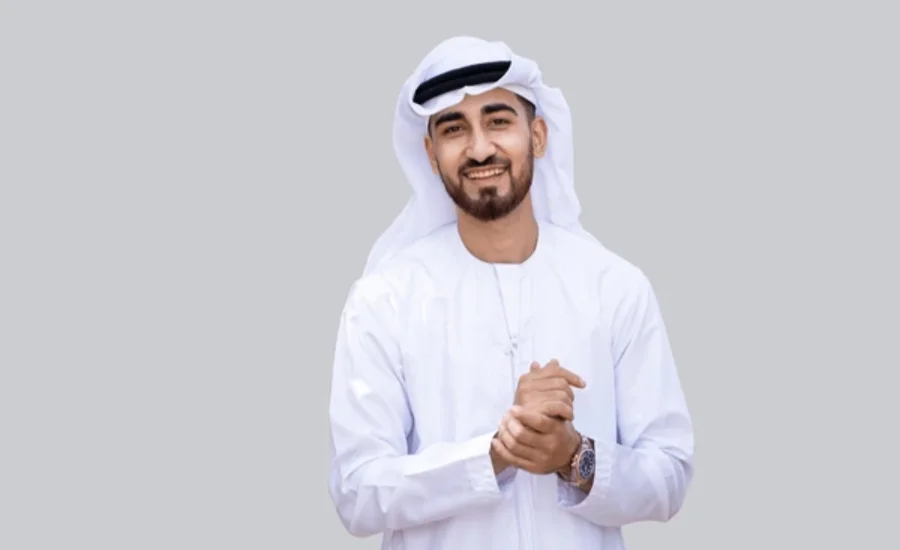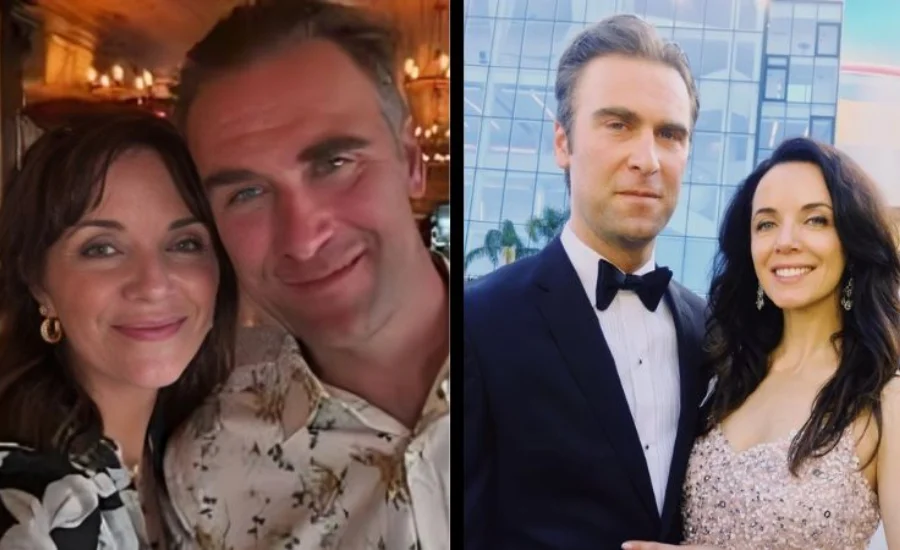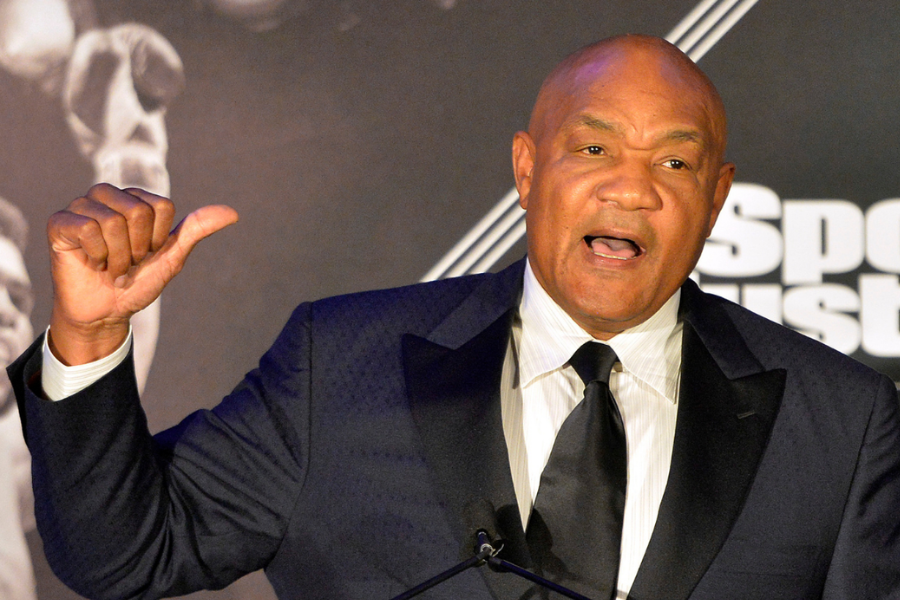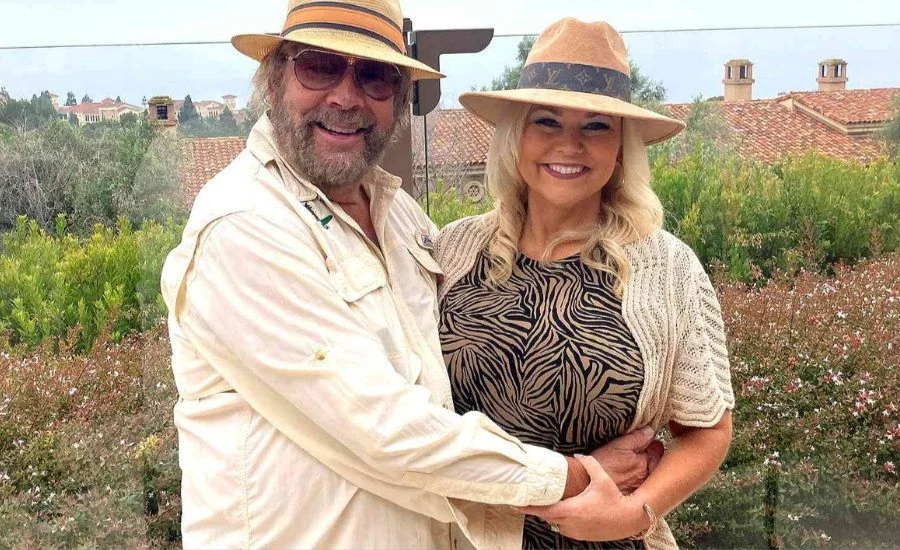Malak Ezzat Atwi has emerged as a significant figure in both public and media conversations, capturing widespread attention across Lebanon. Their journey intertwines with complex legal issues, reflecting the intricate relationship between law, society, and public opinion. This article explores the key aspects of Malak’s story, shedding light on the details of their case and the larger societal impact, offering a deeper understanding of the events that have shaped their public narrative.
Malak Ezzat Atwi: A Prominent Figure in Lebanon’s Legal and Social Landscape
Malak Ezzat Atwi has emerged as a prominent figure in Lebanon, drawing significant attention due to the intersection of their legal battles, societal challenges, and public debates. Their story has become a focal point in the country, highlighting not just personal adversity, but the larger issues facing Lebanon’s cultural and legal systems. This recognition is a reflection of the ongoing conversations about justice, fairness, and reform in Lebanese society, all of which are brought into sharp focus by Malak’s experiences.
At the heart of Malak’s journey is a series of legal challenges that have sparked national discussions about the effectiveness and transparency of Lebanon’s justice system. These challenges have placed Malak in the public spotlight, bringing attention to issues that resonate deeply within the legal community and the broader population. The legal proceedings surrounding their case have raised important questions about judicial fairness, the role of public opinion, and the media’s influence on legal outcomes.
Moreover, Malak’s personal narrative is one that resonates with many people, as it touches on themes of resilience, adaptability, and the quest for justice in the face of adversity. These qualities have allowed them to navigate the complexities of both their legal situation and the societal expectations that come with it. As a result, Malak’s journey offers valuable insights into the way Lebanon’s legal and cultural landscape is evolving.
Understanding Malak Ezzat Atwi’s background, the details of their case, and the broader societal implications is crucial for anyone looking to grasp the intricacies of Lebanon’s current legal and cultural climate. It also serves as a reminder of the ongoing need for reform and the pursuit of fairness in the country’s legal system.
Background and Early Life of Malak Ezzat Atwi
Malak Ezzat Atwi’s life story reflects the complexities of growing up in Lebanon, a country rich in history and tradition, yet facing the challenges of modernization and legal reform. Although details about their educational background remain scarce, it’s clear that Malak’s upbringing was shaped by Lebanon’s cultural values and societal expectations.
From an early age, Malak exhibited resilience and a unique adaptability that would become essential qualities as they faced legal and social obstacles in later years. These traits, coupled with their personal development, helped shape their worldview and influenced the decisions they made, particularly when confronted with challenges that would test both their character and resolve.
Malak hails from the Atwi family, a name known within Lebanese society. While there is limited public information regarding the family’s history, their involvement in significant events has kept them in the public eye. Understanding the family’s background provides valuable context for comprehending Malak’s own experiences, and the hurdles they have had to overcome.
Legal Journey and Case Developments

The case involving Malak Ezzat Atwi has played a critical role in influencing public discourse and shaping societal conversations around justice and legal reform in Lebanon. The unfolding of their legal journey serves as a reflection of the complexities within Lebanon’s legal system and offers a deeper look at the broader social implications.
From the initial allegations to the courtroom proceedings and public responses, each stage of this case reveals more about the intersections between law, media, and public opinion. Key moments include the filing of formal complaints, legal investigations, and the unfolding of trial sessions, each contributing to the public’s understanding of the situation.
The legal process began with initial allegations that marked the start of a drawn-out battle through Lebanon’s legal system. Over time, court proceedings shed light on the challenges of navigating the legal framework, both for the individuals involved and the institutions administering justice. Ultimately, verdicts issued in the case would leave a lasting impact on public perceptions of the justice system, further influencing legal and social interpretations.
Exploring the Legal Context of the Case
Malak Ezzat Atwi’s case has become a focal point of legal discussions, with observers and commentators closely examining the nuances of Lebanon’s criminal justice system. At the heart of the case lies a combination of legal intricacies and social concerns that have sparked significant debates about fairness and transparency.
The legal proceedings have brought forward several key issues, including the specifics of the allegations, the role of evidence, and the function of legal representation in shaping outcomes. These elements have collectively highlighted some of the strengths of Lebanon’s legal framework, while also underscoring its shortcomings.
As the case gained public attention, it highlighted the need for reform in areas such as judicial transparency, fairness in evidence handling, and the influence of public sentiment on legal decisions. The discussions surrounding the case also led to a broader conversation about Lebanon’s legal infrastructure and the necessary changes to foster greater accountability and fairness.
Media and Public Reactions
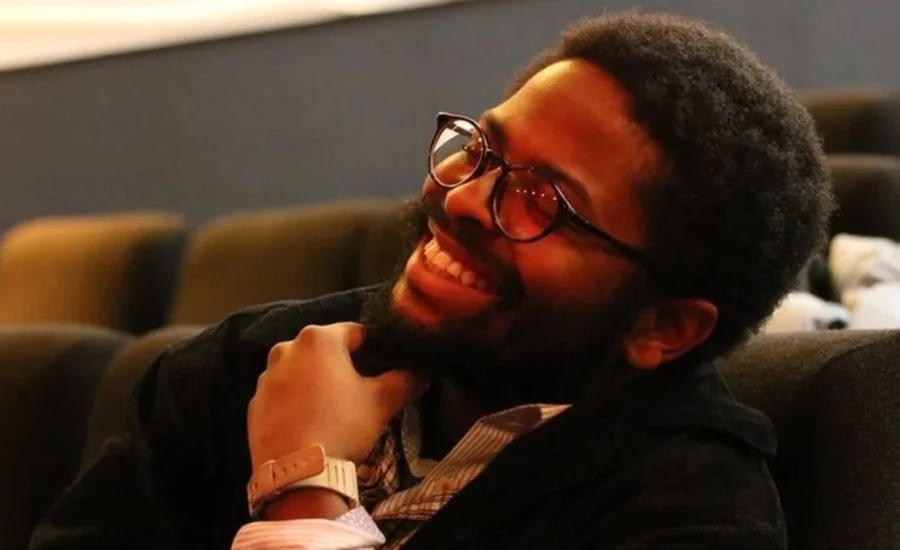
The media’s coverage of Malak Ezzat Atwi’s case has played a pivotal role in shaping public opinion, both within Lebanon and internationally. Headlines, reports, and editorial pieces have helped frame the case, offering a variety of perspectives on the legal proceedings and the people involved. The media’s influence extends beyond traditional outlets, as social media platforms have further amplified discussions.
Online debates, hashtags, and public commentary have made the case a subject of international scrutiny, showcasing the power of digital platforms in shaping contemporary narratives. Social media, in particular, has provided a space for citizens, legal experts, and journalists to express their views and to examine the broader implications of Malak’s story.
The diversity of perspectives in both traditional and social media illustrates how public reactions have evolved throughout the course of the case. These reactions have highlighted various aspects of the legal system and contributed to the ongoing conversations about judicial fairness and transparency.
Social Media’s Role in Shaping the Narrative
In addition to traditional media coverage, social media has played a crucial role in amplifying the conversations around Malak Ezzat Atwi. Platforms like Twitter, Instagram, and Facebook have become crucial spaces for public expression, offering individuals a way to voice their opinions and share personal interpretations of the case.
The viral nature of social media allows information to spread rapidly, with individuals using these platforms to discuss their views, share news updates, and engage in online debates. Through hashtags and viral posts, the case has gained visibility beyond Lebanon’s borders, bringing international attention to the social and legal implications at the heart of the story.
The impact of digital platforms has furthered the case’s significance, proving how interconnected modern society is through technology and how much influence public discourse can have on the legal process. This creates a dynamic where public opinion, both online and offline, can directly influence how cases like Malak’s are perceived and discussed.
Impact of the Case on Lebanese Society
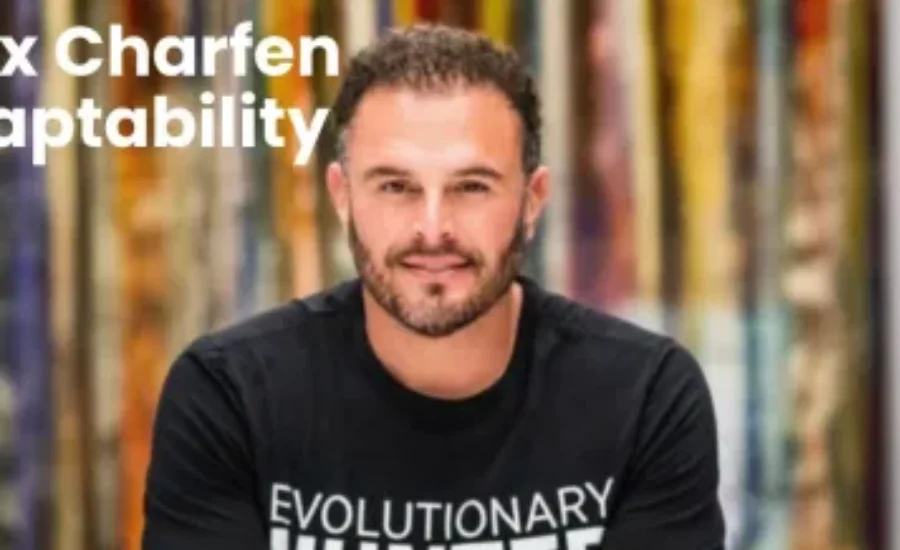
The developments in Malak Ezzat Atwi’s case have shed light on broader societal issues in Lebanon, particularly concerning judicial transparency, the role of media, and the balance of power between the legal system and public opinion. The case has raised questions about the effectiveness of Lebanon’s legal framework and has underscored the need for reform.
The debates sparked by the case have extended beyond the specifics of Malak’s situation and have touched on the wider challenges facing Lebanese society. These challenges include issues such as the influence of media on legal outcomes, the public’s trust in judicial processes, and the accessibility of justice for all citizens.
At its core, the story of Malak Ezzat Atwi highlights the importance of resilience, the pursuit of fairness, and the critical role of public advocacy. It serves as a reminder that ongoing conversations about justice and reform are essential to creating a more transparent and accountable legal system.
Personal Resilience and Overcoming Obstacles
Throughout the challenges faced by Malak Ezzat Atwi, one of the most remarkable aspects of their journey has been their personal resilience. Despite the difficulties and controversies surrounding the case, Malak has demonstrated a capacity for perseverance, adapting to challenges and using them as opportunities for growth.
From navigating complex legal situations to facing public criticism, Malak’s ability to overcome obstacles is a testament to their strength of character. Their journey is an example of how individuals can learn from adversity and emerge stronger, more determined to effect change.
Malak’s resilience has also served as an inspiration to others, showing how individuals can confront adversity in pursuit of justice and fairness. This story of perseverance is one that continues to resonate with many, motivating those who may face their own challenges to keep moving forward.
Looking Ahead: Future Directions and Legacy
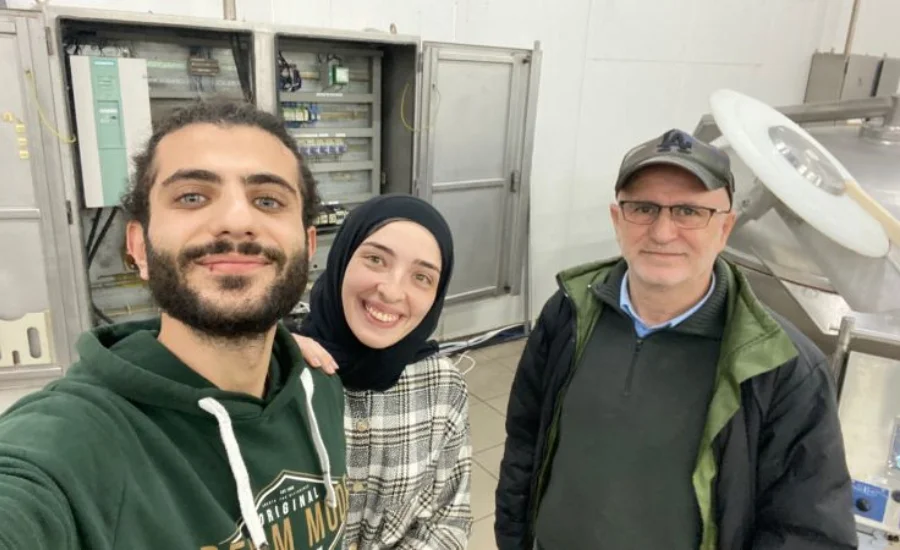
As Malak Ezzat Atwi’s story continues to unfold, it is evident that their influence and impact are far from reaching their peak. Driven by a steadfast commitment to personal growth and an unrelenting passion for positive change, Malak is well-positioned to make an even more significant impact on both Lebanese society and the global community. Their journey reflects a deep dedication to reshaping the societal and legal frameworks that have shaped their experiences, and they are determined to continue advocating for justice and fairness in all areas of life.
In the coming years, Malak plans to further expand their reach by building relationships with international partners, working alongside other thought leaders, and mentoring emerging talents who are eager to make a difference. Through these collaborations, Malak aims to foster an environment of growth, innovation, and social justice, influencing a broader range of individuals and communities. Their commitment to mentoring future generations of activists, legal experts, and community leaders reflects their belief in the importance of collective progress and shared responsibility.
One of Malak’s central goals is to continue pushing boundaries within their field. They are dedicated to reimagining and transforming critical aspects of their work, seeking innovative solutions to the challenges faced by both Lebanon and the international community. Whether in the legal realm, social justice movements, or cultural initiatives, Malak’s vision remains focused on effecting long-term, meaningful change that can improve lives and reshape institutions for the better.
With a clear vision for the future and an unwavering determination to create positive change, Malak Ezzat Atwi’s future is one of immense promise. Their ongoing dedication to both social change and innovation will undoubtedly leave a lasting legacy. As they continue to break barriers and inspire others, Malak’s story will serve as a beacon of hope for future generations, encouraging them to pursue justice, equality, and transformation in their own lives and communities.
Final Words
Malak Ezzat Atwi has become a significant figure in Lebanon, attracting widespread attention due to their legal battles and the societal issues surrounding them. Their journey highlights the complex relationship between law, media, and public opinion, reflecting broader challenges within Lebanon’s legal and cultural landscape. Throughout their case, Malak has demonstrated remarkable resilience, navigating both legal complexities and societal expectations.
Malak’s story has sparked vital conversations about judicial fairness, transparency, and the influence of public sentiment on legal outcomes. These discussions underscore the need for reform in Lebanon’s justice system, while also highlighting the role of the media and social platforms in shaping public perception.
Looking ahead, Malak Ezzat Atwi is committed to expanding their impact, both locally and internationally. Through collaborations, mentorship, and advocacy for social justice, Malak aims to drive meaningful change and inspire future generations to pursue fairness and equality. Their journey serves as a powerful example of resilience and the ongoing fight for justice in Lebanon and beyond.
FAQs
1. Who is Malak Ezzat Atwi?
Malak Ezzat Atwi is a prominent figure in Lebanon, known for their legal battles and the societal issues surrounding them. Their story has brought attention to important discussions on justice, fairness, and reform in the Lebanese legal system.
2. What legal challenges is Malak Ezzat Atwi facing?
Malak Ezzat Atwi has been involved in a series of legal proceedings that have highlighted the complexities of Lebanon’s justice system. These challenges have sparked national debates on judicial fairness and transparency.
3. How has the media influenced Malak Ezzat Atwi’s case?
The media has played a significant role in shaping public opinion on Malak’s case. Both traditional media outlets and social media platforms have amplified discussions, raising awareness about the legal and societal issues at the heart of the case.
4. What role has social media played in Malak’s story?
Social media has been a critical platform for amplifying conversations surrounding Malak Ezzat Atwi. Online debates, hashtags, and posts have brought international attention to the case, influencing public discourse.
5. What is the significance of Malak’s case for Lebanese society?
Malak’s case has raised important questions about the fairness of Lebanon’s legal system and its relationship with public opinion. It has sparked conversations about judicial transparency, media influence, and the need for reform in Lebanon’s justice system.
6. What are the key milestones in Malak Ezzat Atwi’s legal journey?
Key milestones in Malak’s legal journey include the initial allegations, courtroom proceedings, and the subsequent verdicts. These stages have contributed to a broader conversation about Lebanon’s legal framework.
7. How has Malak shown resilience throughout their challenges?
Malak has demonstrated incredible resilience in the face of adversity. Despite the legal and public challenges, they have adapted and persisted, using obstacles as opportunities for growth and inspiring others along the way.
8. What are Malak Ezzat Atwi’s future plans?
Malak plans to expand their influence by collaborating with international partners, mentoring emerging talents, and continuing to advocate for justice and social reform in both Lebanon and beyond.
9. How does Malak’s story contribute to the ongoing conversation on legal reform in Lebanon?
Malak’s story sheds light on the need for judicial reform in Lebanon, especially concerning transparency, fairness, and the role of media in influencing legal outcomes. Their case acts as a catalyst for these essential conversations.
10. What impact has Malak’s journey had on the public?
Malak’s journey has inspired many people to stand up for justice and fairness. Their perseverance in the face of legal challenges has motivated others to advocate for change and to believe in the power of resilience.
For exclusive insights and the latest updates on Malak Ezzat Atwi, stay connected with Insight Rays.
